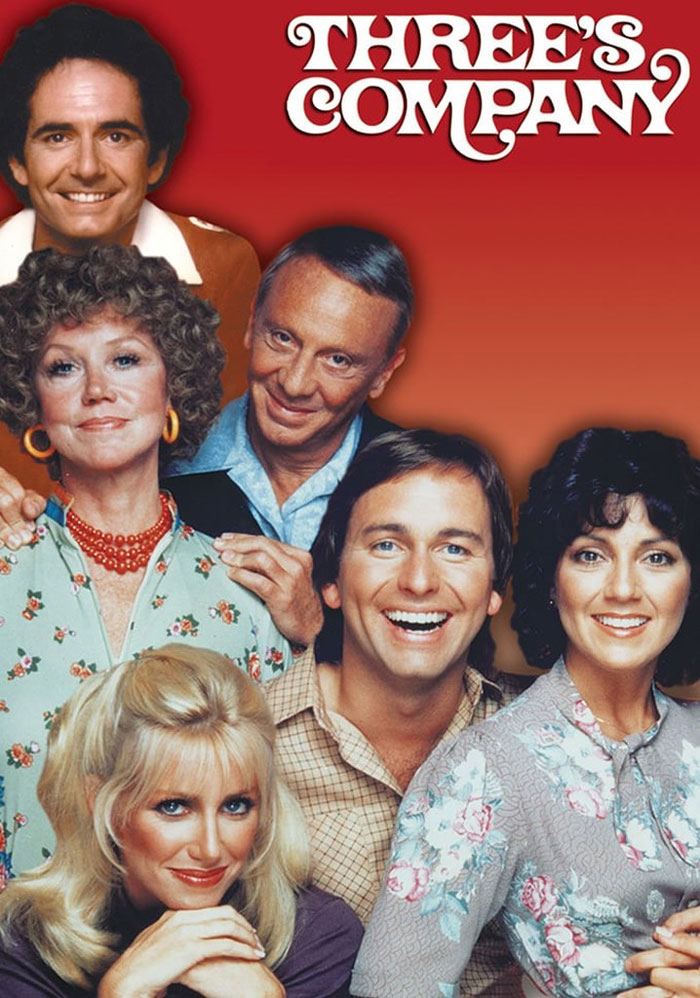The 1970s were a transformative era for television, especially in the realm of sitcoms. This decade saw the rise of groundbreaking shows that not only entertained but also tackled social issues with wit and humor. From the bustling streets of New York to the chaos of a military hospital in Korea, these sitcoms captured the essence of their time while leaving an indelible mark on pop culture.
Classic American Sitcoms of the 1970s
Some of the most iconic sitcoms from the 1970s include All in the Family, which boldly addressed topics like racism and feminism, and M*A*S*H, a war-set comedy that cleverly masked its serious commentary on conflict and camaraderie. The Mary Tyler Moore Show revolutionized the portrayal of working women, while The Bob Newhart Show introduced audiences to sophisticated, relatable humor. These shows weren't just entertainment; they were cultural touchstones that reflected the changing values of America during this turbulent period.
A Golden Age for Comedy
Sitcoms in the 1970s thrived both creatively and commercially. Shows like Happy Days brought nostalgia for simpler times, while Sanford and Son offered sharp social commentary through its characters' interactions. Laverne & Shirley, set against the backdrop of a Milwaukee brewery, became one of the highest-rated shows of its time, showcasing strong female leads who could hold their own in a male-dominated world.
Other notable mentions include Three's Company, known for its slapstick antics and ensemble cast dynamics, and The Jeffersons, which explored themes of upward mobility within African American communities. Each show had its unique voice, contributing to what many consider the golden age of television comedy.
British Influence on Sitcom Culture
Across the pond, British writers were crafting their own brand of humor with shows like Mind Your Language, an ITV production featuring Barry Evans as an English teacher navigating cultural misunderstandings with his diverse students. Although controversial due to its reliance on national stereotypes, it resonated with audiences seeking lighthearted escapism.
Other beloved British offerings included Fawlty Towers, written by and starring John Cleese, which remains celebrated for its intricate plotting and character-driven humor. Similarly, Steptoe and Son presented a gritty yet humorous look at life in post-war London, influencing later adaptations such as the American series Sanford and Son.
Legacy of the 1970s Sitcoms
While some shows from the 1970s have faded into obscurity, others continue to be cherished by new generations. For instance, WKRP in Cincinnati may not have been a ratings juggernaut during its original run, but its cult following grew over time thanks to syndication and streaming platforms. Meanwhile, timeless classics like Taxi and Barney Miller remain staples in discussions about quality writing and ensemble casts.
As we reflect on these influential programs, it's clear that the 1970s laid the foundation for modern sitcom storytelling. By blending humor with substance, they created narratives that connected deeply with viewers across demographics. Whether you prefer laugh-out-loud moments or thought-provoking storylines, there's something universally appealing about revisiting these classic comedies today.
Favorite Shows: A Nostalgic Journey
For fans of retro television, reminiscing about favorite sitcoms often sparks lively debates. Was Maude the pinnacle of issue-driven comedy? Or did The Odd Couple offer unmatched chemistry between its leads? Perhaps Welcome Back, Kotter best encapsulated the spirit of youthful rebellion and mentorship.
Ultimately, everyone has their personal favorites shaped by memories tied to specific episodes or characters. Whether you're drawn to the zany escapades of Three's Company or the heartfelt drama of The Waltons, each show contributes uniquely to our collective appreciation of 1970s television history.

